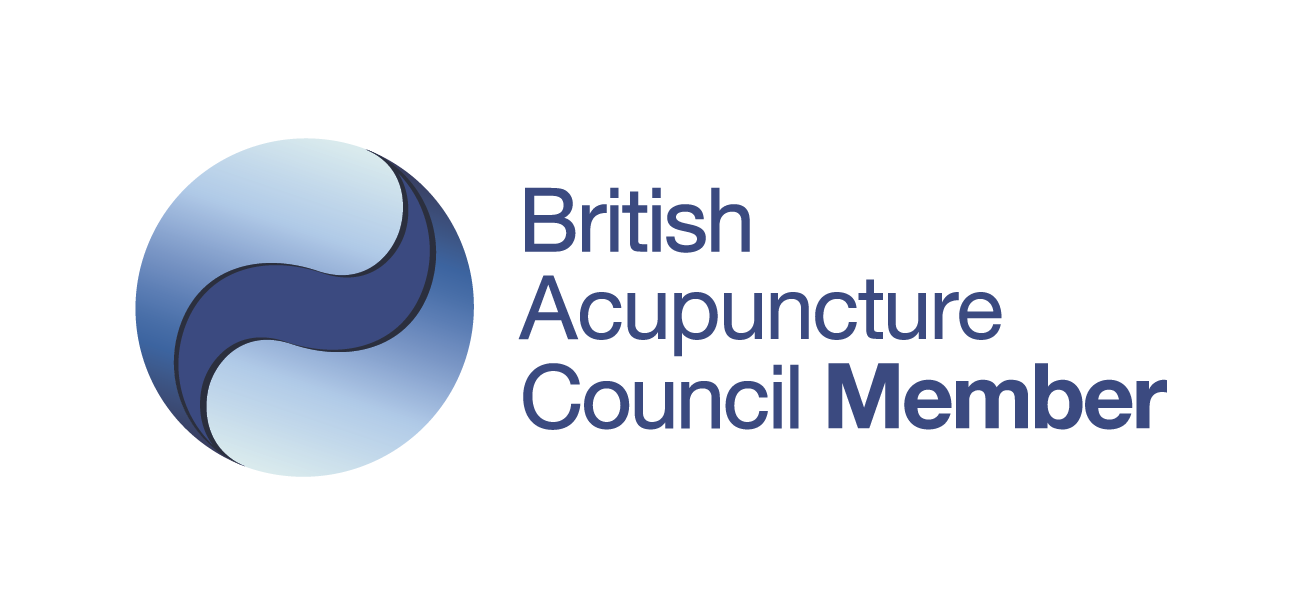Chinese Nutrition as Medicine & Food
So what is the difference in Chinese Nutrition? Chinese medicine has looked at diet as an integral part of health and well-being for over 3,000 years and it is seen as the basis for true balance within each person. Within Chinese Nutrition each food and herb is classified according to its nature, hot, cold, warming, cooling or neutral, as well as according to their taste (Bitter, Sweet, Pungent, Salty and Sour). These temperatures and tastes all then further relate to the internal organs and can be beneficial or detrimental to those organs depending on the person’s condition and diagnosis. This knowledge therefore allows me to formulate an individualised plan and approach to diet and help support you through it.
The Chinese believe that you should eat according to your own environment and the seasons, but with globalisation of the food industry this is not easy as most foods are available all year round and have often been frozen before being transported and this can greatly reduce their nutritional value.
Chinese nutrition is not a ‘One size fits all’ diet approach and there is no single diet which is suitable for everyone and this is why Western fad diets do not work long term and are just that ‘fads’. Each person is unique and their approach to health of mind, body and spirit therefore needs to be tailored to them and is a long term process and a lifelong approach – but does not mean that it should be difficult.
The way food is eaten is very important for absorption during digestion. Here are a few general common sense principles which are easy to apply. See my basic advice sheet for more information.
Feel free to contact me for further advice about diet medicine and food
| Chinese Nutrition Chinese medicines effect encompasses much more than just the treatment of disease as it occurs and includes the nurturing of true health and wellbeing of each and every aspect of the individual. It balances and supports the physical, mental / emotional and spiritual aspect of each person and nutrition, lifestyle and exercise advice may be adapted to your diagnosis and needs of you personally.
Everyone is different and advice will be specifically tailored to your personal needs.
Nutrition and food lie at the heart of Chinese Medicine. During the Tang dynasty (618-907), Sun Simiao wrote a famous book ‘Food Therapy’ in Prescriptions worth a Thousand Gold, where he wrote that: “Before a doctor treats a disease he must be sure of the cause and pathogenesis of the disease, then treat the patient with diet before using and medications.”
|
BSc (Hons), MBAcC, Lic Tui Na, MRTCM
|
|
57 Banyard Way, Rochford, Essex, SS4 1UQ | © 2014 Gary Neale. All Rights Reserved. | Gary Neale BSc (Hons), MBAcC, Lic Tui na, MRTCM
|



